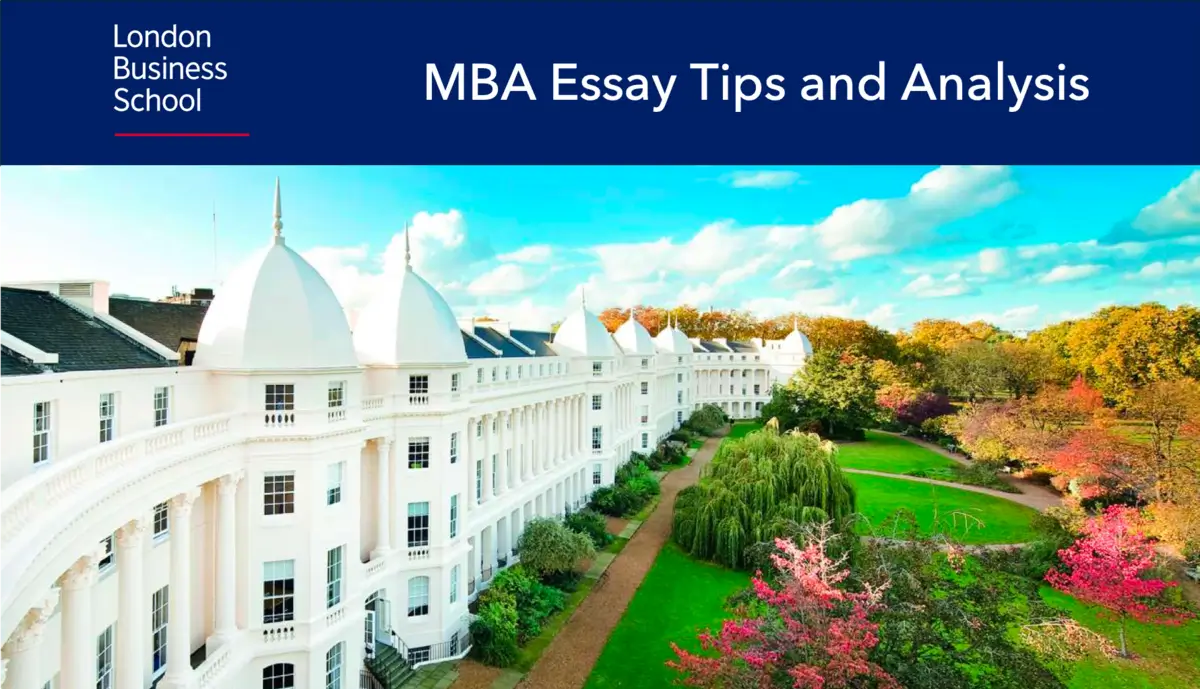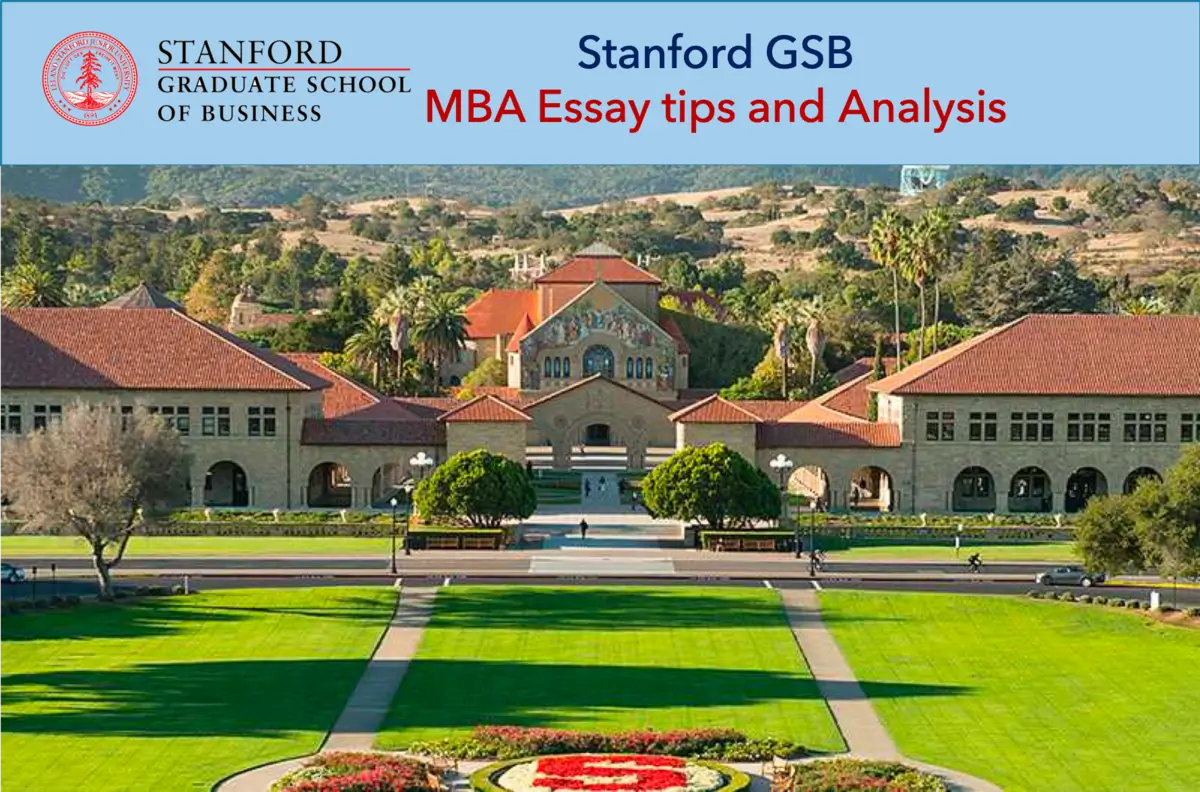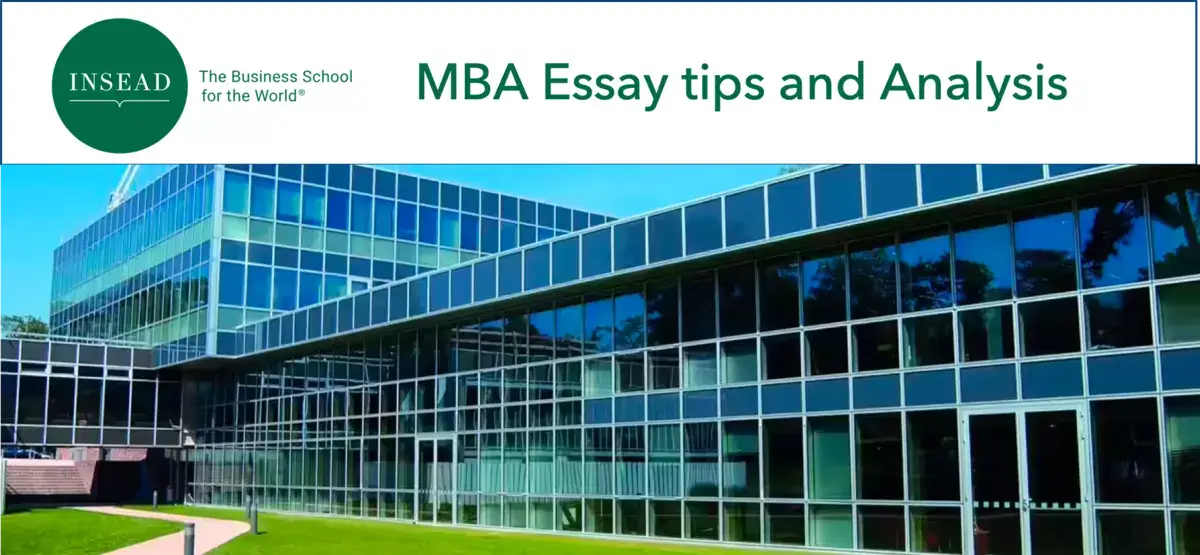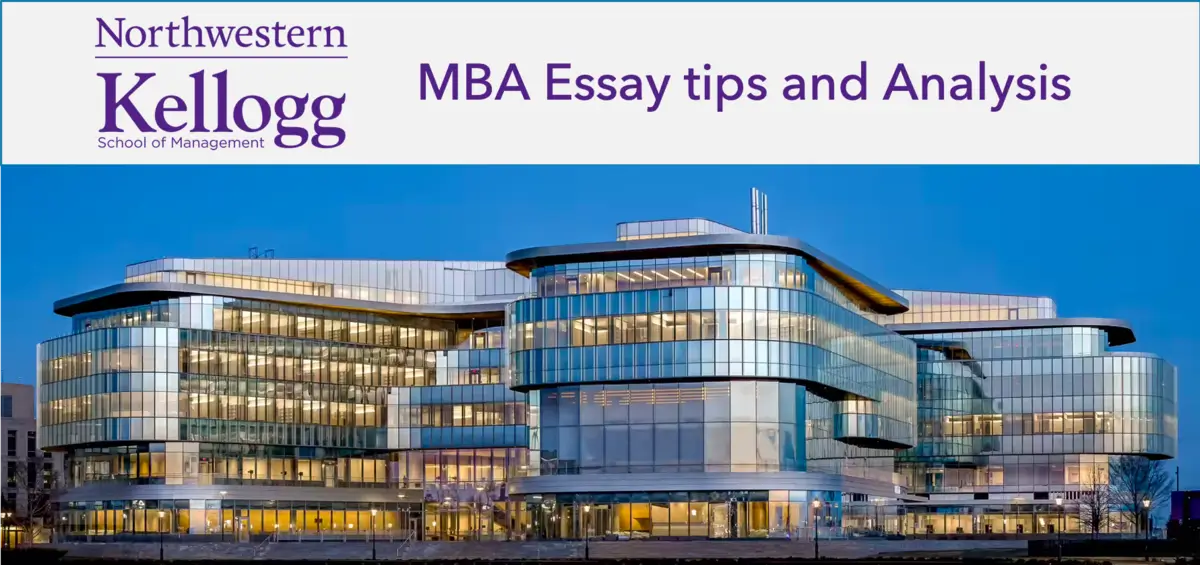While earning a second MBA degree is relatively uncommon, it can be beneficial for professionals who want to change their location, make an industry switch, or acquire the brand recognition and alumni network they didn’t get in their first MBA program.

If you are already an MBA graduate but want to pursue a second MBA, you must know that it is possible. However, this opportunity poses significant challenges and considerations regarding the money and time you would have to invest.
The biggest challenge would be to convince the MBA admissions committee what value you will derive from their business school.
Possible reasons for doing a second MBA
There are 6 possible reasons which would motivate you to a second MBA
- First MBA from a Tier2/3 business school: In India and some other parts of Asia, it is common to pursue an MBA without any work experience, and in this process, students pursue an MBA from a tier 2/3 school which presents very few good career opportunities
- Shifting to another country: If you are shifting to another country, doing MBA from a good b-school in that country would significantly increase your employment prospects in that country, and you can settle in easily in that country
- To gain more specialized knowledge: Many people pursue a second MBA to gain more specialized knowledge in a particular business area. For example, if you want to transition into a new industry or move up in your current company, pursuing a second MBA can give you the edge you need.
- To make a career change: A second MBA can also be a great way to make a complete career change. Whether you’re looking to switch industries or start your own business, an MBA can give you the skills and knowledge you need to succeed.
- To improve your job prospects: Having an MBA on your resume can be a real advantage in today’s competitive job market. Pursuing a second MBA can help you stand out from the crowd and give you an edge in the job market.
- To earn more money: An MBA can also lead to a higher salary. If you’re looking to boost your earnings potential, pursuing a second MBA can be a great way to do it.
Getting into a top business school requires an impeccable essay. Here are a few tips on how to write a compelling MBA essay?
Is Second MBA the correct choice for you?
You’ve been in the workforce for a few years, and you are starting to feel like it’s time for a change. You’re not sure if you want to stay in your current field or switch to something new, but you know you want to further your education.
So, is a second MBA a good option for you?
It can be difficult to decide whether or not to pursue a second MBA. After all, it is a significant investment of time and money.
However, a few key factors can help you decide if a second MBA is suitable for you:
- First, consider your career goals. If you are looking to make a significant change, such as switching industries, shifting to a new country, or moving into management, then a second MBA can give you the skills, knowledge, exposure, and network you need to transition.
- Second, take a close look at your personal and professional strengths and weaknesses. Pursuing a second MBA may help you fill in any gaps in your skillset.
- Finally, ask yourself if you are willing to make the commitment. A second MBA requires dedication and hard work, but the rewards can be well worth it.
Second MBA decision checklist
Here’s a checklist to help you decide if you should go for a second MBA:
- Do you have at least five years of professional experience? An MBA is typically geared towards those with some work experience under their belts. If you’re still early in your career, you may want to consider other options.
- Are you looking to switch industries, functions, or geographies? An MBA can be a great way to make a major career change.
- Do you want to start your own business? Many MBA programs include entrepreneurship courses and can provide the resources and network needed to get your business off the ground.
- Are you willing to invest the time and money? Pursuing an MBA is a big commitment in terms of both time and money. Be sure you’re prepared to make that investment before moving forward.
If you answered yes to all of the above, then a second MBA may be the right choice for you.
Which Business Schools allow you to do a second MBA?
Second MBA programs are designed for students who have already completed an MBA degree and wish to earn another. While there are many reasons why someone might choose to pursue a second MBA, the most common is gaining additional skills and knowledge in a specific business area.
Many top US business schools allow candidates with an MBA degree to pursue a second MBA program, and acceptance rates vary depending on the school and the applicants’ qualifications.
Business Schools that allow second MBA applicants
Some of the most prestigious business schools that allow second MBA applicants are:
- Harvard Business School
- Stanford Graduate School of Business
- Wharton
- MIT Sloan
- Michigan Ross
“Yes. We do not exclude candidates who have an MBA or any other graduate degree. You should, however, fully explain your reasons for pursuing a second MBA in your application.” – Wharton’s Adcom
These schools typically have very competitive acceptance rates, but students with strong academic records and relevant work experience stand the best chance of being admitted.
Business Schools that DO NOT allow second MBA applicants
Some top B-schools like Dartmouth Tuck, Berkeley Haas, Duke Fuqua, Vanderbilt Owen do not encourage students to pursue a second MBA
Below is the admissions policy of Tuck Business School for second MBA applicants.
“We do not typically admit applicants who have already earned an MBA. If you hold a similar graduate degree that is not an MBA, use the optional essay to explain why you need an MBA in addition to your prior degree. We consider the Post Graduate Diploma in Management (PGDM) from Indian universities to be the equivalent of an MBA and typically do not admit applicants who have earned this degree.” – Tuck’s Adcom
This is the admissions policy of Berkeley Haas – University policy prohibits awarding of duplicate degrees. If you have an MBA or comparable degree from an institute of higher education, your application will be ineligible for consideration.
Admit Expert Advice – If you are a second MBA applicant, do not hesitate to call or write to your target business school’s admissions office and get clarity before you start working on your application.
Take a look at these article on how to impress an MBA admissions committee.
How to convince the admissions committee?
If you’re interested in pursuing a second MBA, there are a few things you’ll need to do in order to convince the admissions committee.
First of all, you’ll need to explain why you feel like pursuing another MBA is the right decision for you. What have you learned since finishing the first MBA that has made you realize that another degree would be beneficial? You have to dig deeper and tell them why that first MBA didn’t give you the qualifications, skills, or exposure you needed for your career objective. Do you think a second MBA will help you reach your long-term goals? Make sure to back up your answers with concrete examples and evidence.
Secondly, you’ll need to demonstrate that you’re aware of the challenges associated with pursuing a second MBA and that you have a plan for overcoming them. What are some of the potential obstacles you might face during your second degree, and how do you plan on dealing with them? Again, make sure to back up your claims with specific examples.
Finally, it’s essential to show that you understand what it takes to succeed in an MBA program. What qualities or skills do you possess that will help ensure your success in the program? Once again, specific examples will bolster your case.
By addressing these key points, you’ll give yourself the best chance of convincing the admissions committee to grant you admission into their second MBA program.
Second MBA: 1-year MBA vs 2-year MBA
There is no one-size-fits-all answer to the question of whether a 2-year or 1-year MBA program is suitable for someone pursuing their second MBA.
The decision depends on various factors, including the student’s goals, their prior academic and professional experience, and the programs available to them.
One key consideration is the amount of time and money the student is willing to invest in their education. A 2-year program will typically require a higher financial investment than a 1-year program, but it may also provide more opportunities for career advancement.
Another important factor to consider is the admissions requirements of each type of program. 2-year MBA programs tend to be more competitive, so students should make sure they have a strong academic record and impactful work experience before applying. Ultimately, the decision to pursue a particular type of MBA program should be based on the student’s individual needs and preferences.
If you’re thinking about pursuing a second MBA, you’re not alone. Many business professionals feel the need to get their MBA degrees for career advancement.
And fortunately, there are many business schools that will accept applicants with an MBA degree.
However, before making the decision to pursue a second MBA, it’s essential to do your research and ask yourself some tough questions. We’ve put together a helpful checklist in this blog post to help you determine if getting a second MBA is the right choice for you.
And if, after careful consideration, you decide that a second MBA is right for you, our team of admissions consultants can help guide you through the process of applying to top business schools.
So what are you waiting for? Get started today.




